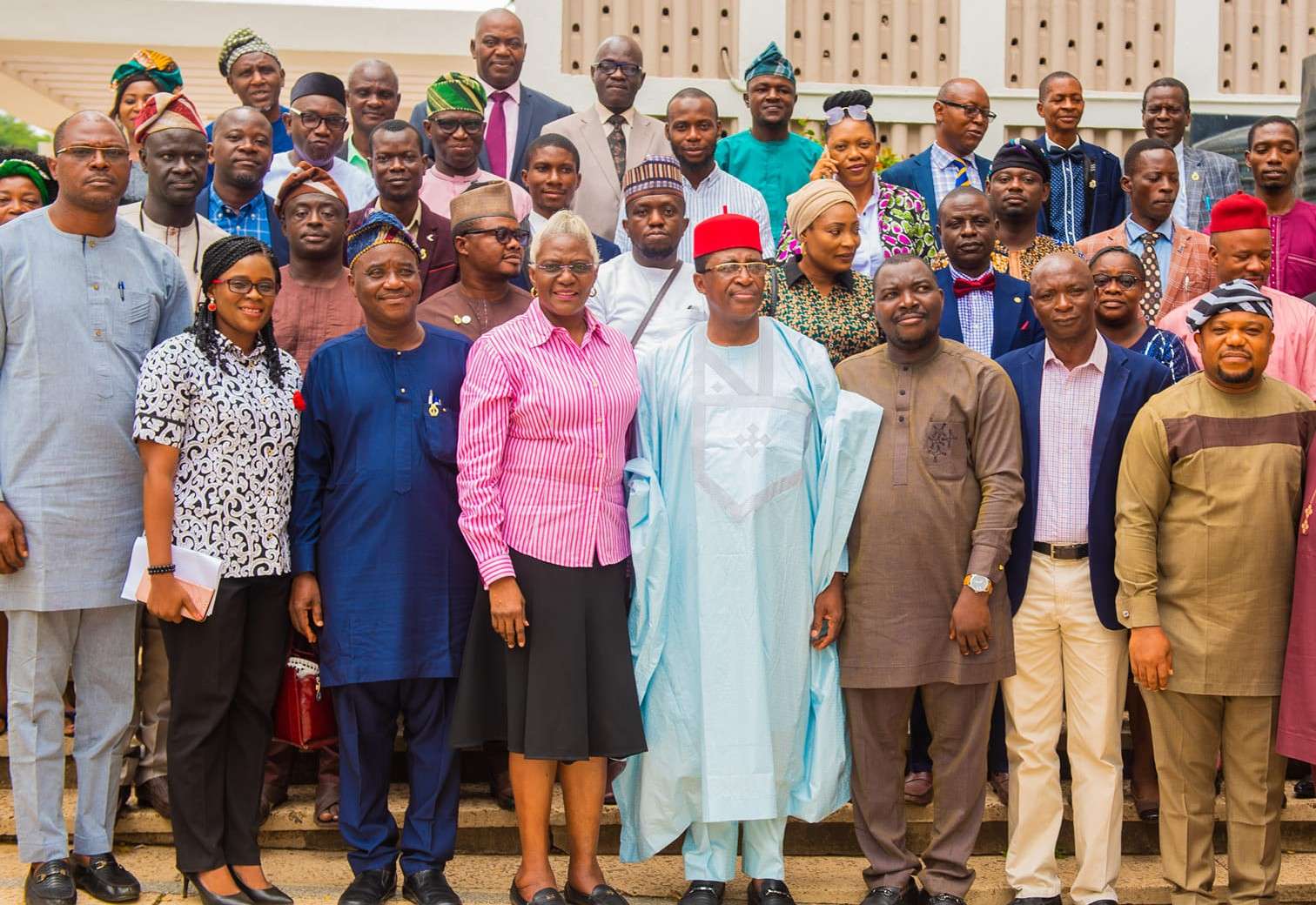The Nigerian Institute of Quantity Surveyors (NIQS) is taking steps to establish a reliable national construction industry cost database to mitigate the effects of hyperinflation on the economy and its impact on construction project cost management.
NIQS President, Mr. Kene Nzekwe, made this known at a two-day South West Zonal workshop themed “Building a Resilient Cost-based Knowledge Economy in the Nigerian Construction Industry (NCI): Evolving a Cost Database for Estimation and Cost Management of Construction Projects,” held at the University of Ibadan, Oyo State.
He emphasized the importance of contributing meaningful data and indices to national statistics for construction and creating a veritable database for estimation and cost management of construction projects.

Nzekwe praised Governor Seyi Makinde’s commitment to infrastructure development in Oyo State, especially through engaging the private sector to enhance road infrastructure using the Alternative Project Funding Approach (APFA).
READ ALSO: NIQS and EFCC to Join Forces Against Corruption and Quackery
He highlighted the crucial role of quantity surveyors in ensuring timely and cost-effective delivery of construction projects to the highest quality standards. Nzekwe noted that quantity surveyors play a crucial role in ensuring government projects adhere to global best practices.
Prof. Dahud Shangodoyin, Oyo State Commissioner for Public Works and Transport, emphasized the need for a database to ensure value for money and enable contractors to excel in their businesses.
Francis Adetola, a past president of NIQS, emphasized the importance of cost data in construction to avoid project abandonment, citing global statistics showing that a high percentage of projects worldwide exceed budget and get abandoned due to poor cost management.
READ ALSO: NIQS urges collaboration, innovation to ensure global best practices
In a separate development, Prof. Aderonke Baiyeroju, Deputy Vice-Chancellor Academic at the University of Ibadan, appealed to NIQS to support the university’s Department of Quantity Surveying financially and morally to develop its students.
She cited financial constraints faced by federal universities, making it challenging to meet obligations and increase levies.
Nzekwe commended the university for its strides in advancing quantity surveying and requested modern learning facilities and a computerized quantity survey studio to enhance graduates’ competitiveness in the labor market.




